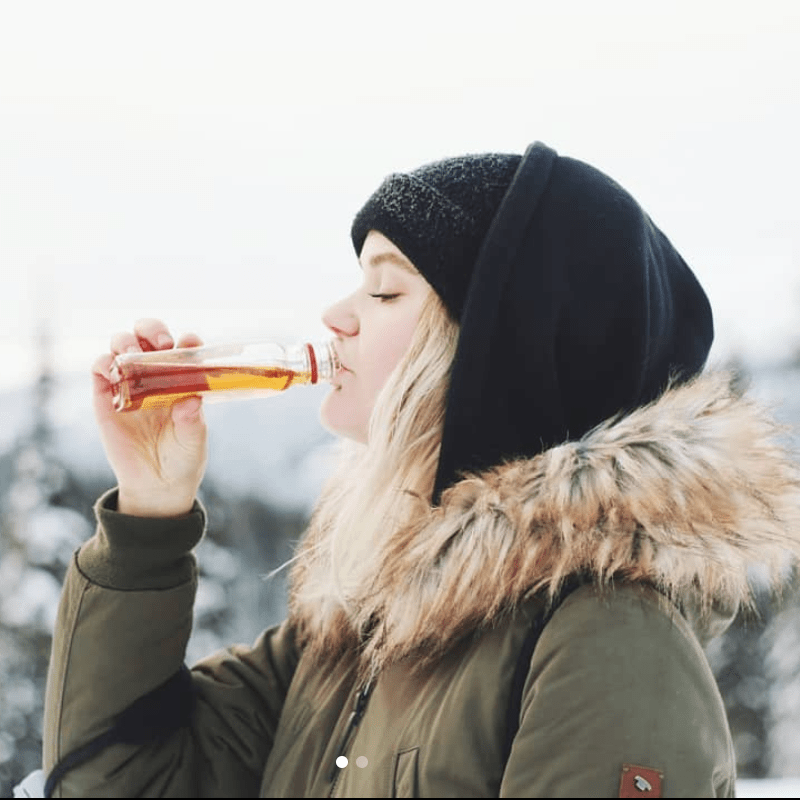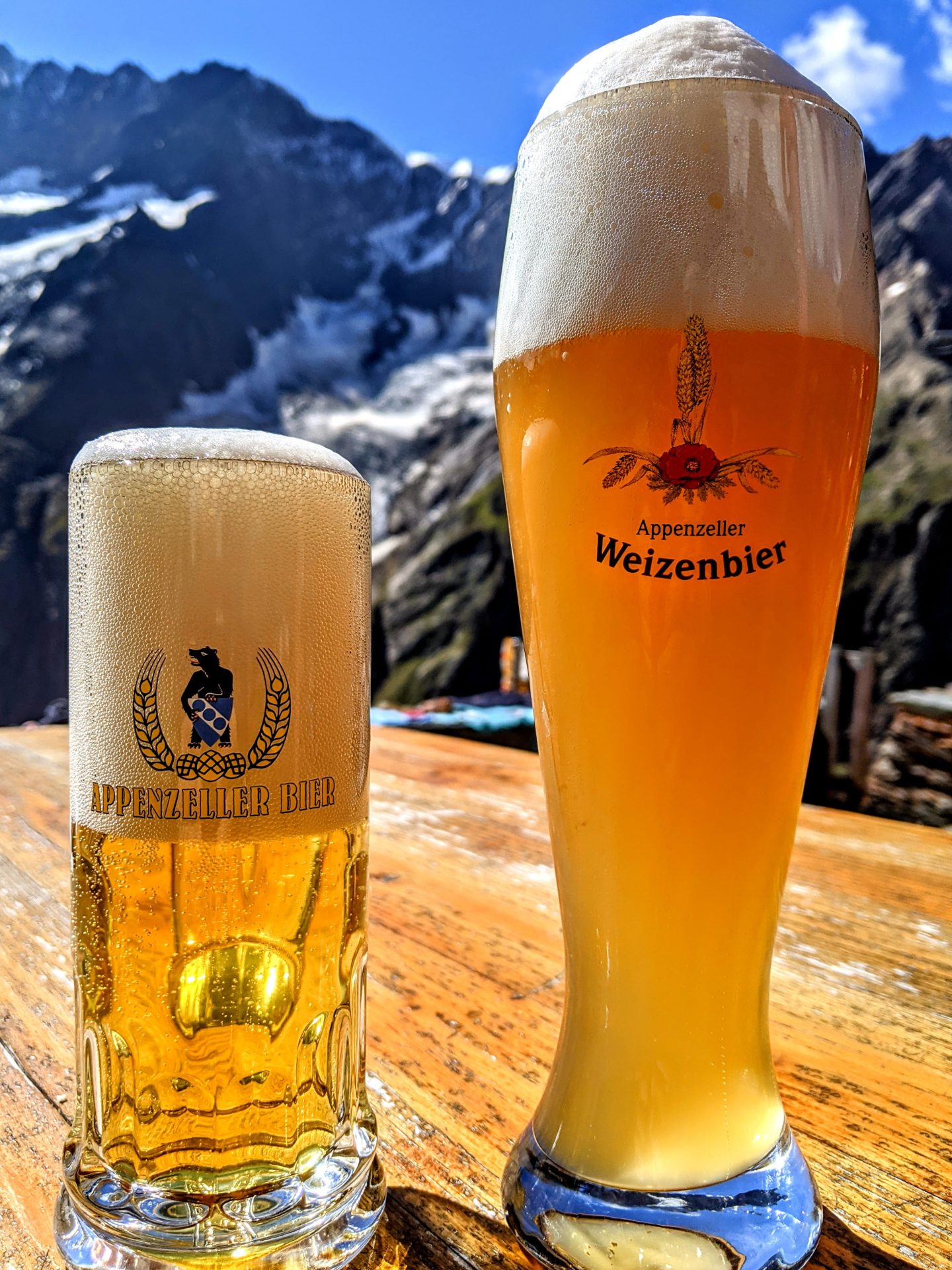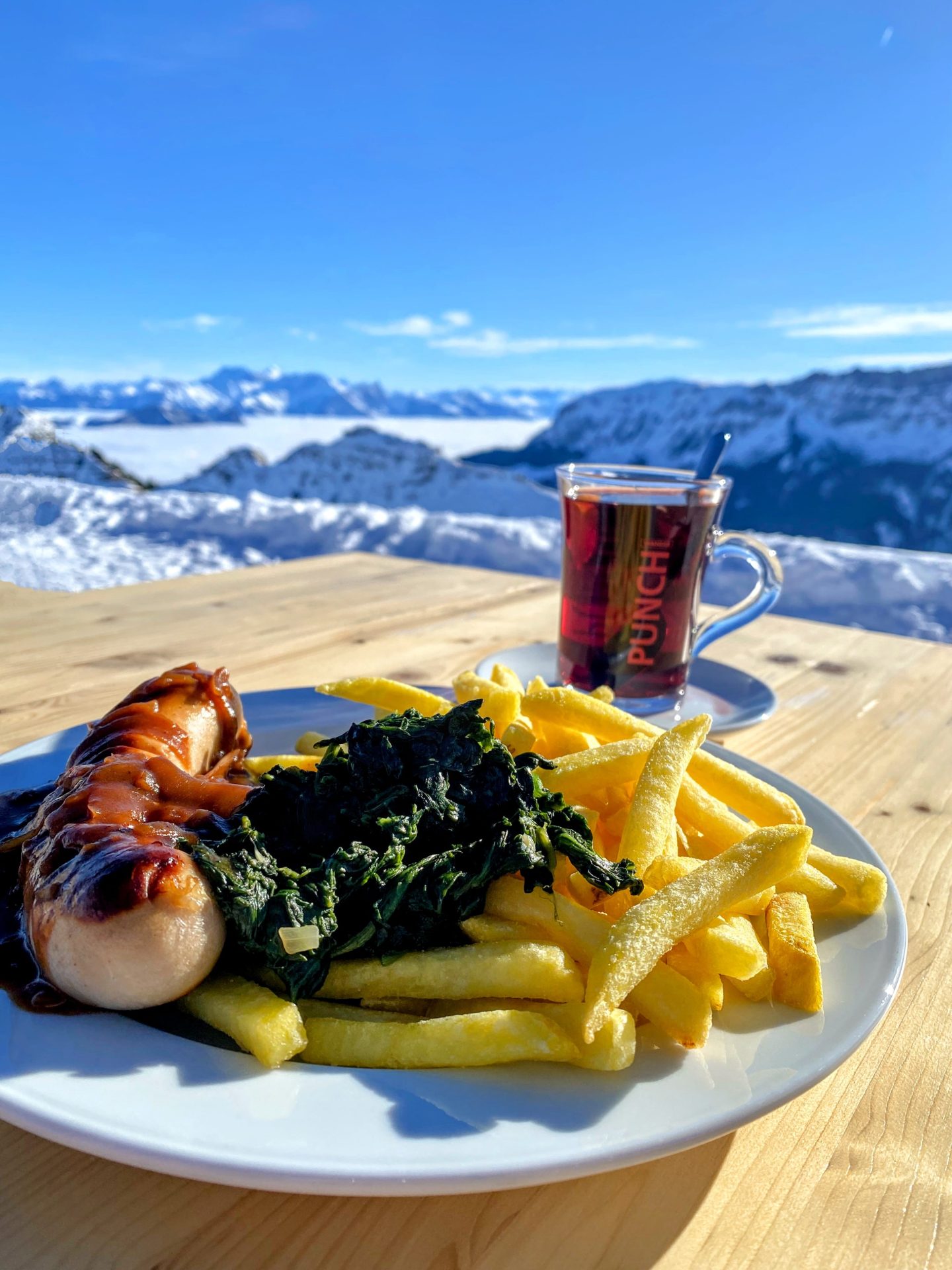
While living at an elevation of a mile-high or more for over a decade, I have frequently told my Flatlander visitors: “Be careful when you go out to the bars tonight… one drink at elevation equals two or three at sea level!” This urban myth, passed down to and by yours truly and countless others over the years, was established upon the idea that lower levels of oxygen at higher elevations negatively influence the body’s propensity to metabolize and process alcohol. Does science back up this widely held belief? Should I take this into consideration when ripping shots of Fireball on the lifts up to 12,000 feet or putting back a few PBRs at my high-altitude campsite?
An American psychologist at Columbia University, R. A. McFarland, conducted a study on the effects of alcohol at elevation in the 1930s. With minimal research, McFarland concluded that alcohol does, in fact, have a stronger effect on the human body at elevations of 10,000 feet or above. He surmised that two to three drinks consumed at higher altitudes equate to four to five drinks consumed at sea level. Since these not-so-scientific findings were made public shortly after, many have continued to uphold the results as fact.
Conversely, more recent and thorough studies have concluded that alcohol ingested at elevation has no further adverse effects on the body than it would at lower elevations. European researchers studied human blood-alcohol content (BAC) in relation to beer consumption at an elevation of 10,000 feet versus sea level and found no significant difference in BAC.

In the United States, the Federal Aviation Administration (FAA) conducted experiments simulating the effects of higher elevation and observed inebriated consumption at elevations of 12,500 feet and below sea level. In the study, 17 men were trained on seven tasks they performed over a two-week period in four separate trial sessions: ground level with and without alcohol, and a simulated altitude of 12,500 feet, with and without alcohol.
Similar to their European counterparts, the FAA concluded there was no synergistic interactive effect of alcohol and elevation on both breathalyzer readings and performance scores for the seven tasks performed by trial participants.
Drinking at high altitudes exaggerates and enhances the dehydration many feel when increasing elevation. Combined with the fact that the decrease in available oxygen at altitude may lead to lightheadedness and dizziness, drinking alcohol at elevation or at sea level can affect one’s physical and cognitive well-being. So, whether drinking on top of the Rockies or the beach in Key West, please drink responsibly and have a plan in place for your transport home if your day involves alcohol consumption.
